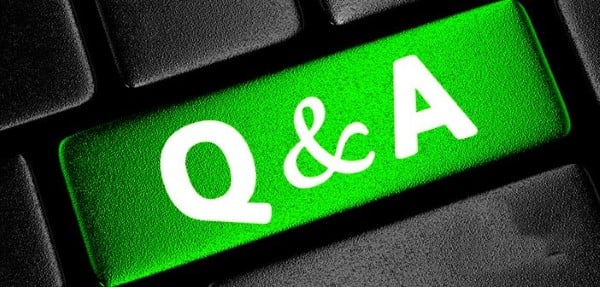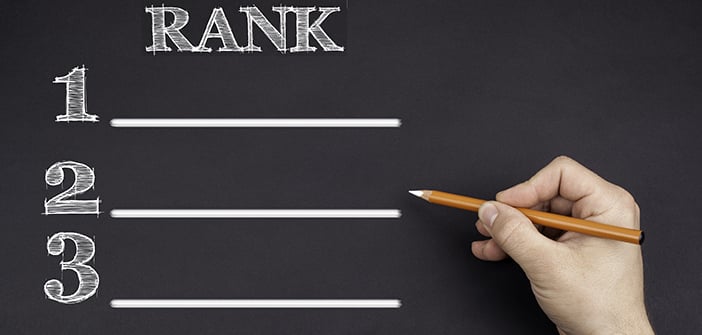The Things We Carry
Ryan Lucas OMS-IV Rocky Vista University College of Osteopathic Medicine
EMRA MSC Osteopathic Coordinator
I don’t typically find much time for recreational reading. The majority of my time spent turning pages usually involves clicking the “Proceed to Next Item” button on UWorld. However, with clinical rotations coming to a screeching halt, I’ve found myself with more time to catch up on things outside of medicine, including reading.
Recently I dusted off my copy of The Things They Carried. For those who are unfamiliar, the book details events Tim O’Brien and his close-knit group of soldiers encountered during their service in the Vietnam War. O’Brien begins the novel by providing a lengthy list of the things they quite literally carried: mosquito repellant, MREs, Polaroids of girlfriends back home, etc. As stories are recounted, the toll the war took on O’Brien and his fellow soldiers becomes apparent. The metaphorical meaning of The Things They Carried comes into focus as the soldiers return home and find themselves carrying the heavy burden of their experiences. Many of O’Brien’s comrades now found themselves fighting new wars against substance abuse, nightmares, depression, and suicide.
In the fight against COVID-19, there have been a lot of comparisons made between healthcare providers and soldiers. Providers are described as working on the “front lines” in the “fight” or “war” against COVID-19. Shortages of personal protective equipment have been compared to going to war without body armor. On April 29, headlines were made when the United States’ COVID-19 death toll surpassed the number of American soldiers who died in the Vietnam War. In the past few months, many healthcare providers have faced more death and dying than they had previously in their careers.
As I was reading The Things They Carried, I found myself drawing comparisons between what I was reading on the page in front of me and what I had read in the news the day before. I then thought back to the years I spent as a scribe prior to medical school. Even though my job was largely to just observe and document with no direct responsibilities to the patient, I have specific memories of patients that I still carry with me: the first cardiac arrest, the metastatic cancer diagnosis on Christmas Eve, the first mother informed of her child’s death, the first delivery of a baby. My list goes on and my career hasn’t even formally started.
I can’t even begin to imagine what this experience has been like in the hardest affected areas. With medical student rotations on hold, I’ve been watching this crisis unfold from the sidelines. When the COVID-19 dust settles and the world goes back to whatever our new normal life is going to be, we need to remain cognizant that the effects of this crisis will be felt for a long time by many of those working on the front lines. We are already starting to see the toll this virus is taking on the mental health and wellbeing of physicians and other healthcare providers.
Depending who you ask, some medical students might feel like they have missed out on an opportunity by being sidelined; others feel they have dodged a bullet. No matter your individual perspective, it is certain that, as physicians in training, similar moments will come for each of us. It might not be another global pandemic, but there will be times we find ourselves starting to feel the weight of the things we’re carrying around. Now, in the infancy of our careers, I encourage each of us as medical students to take this opportunity to devise our own strategies to manage the weight before we find ourselves bogged down in the battles to come.
Related Content

Feb 21, 2023
Program Director Interview Series: Joshua Broder, M.D. | Program Director at the Duke University School of Medicine Emergency Medicine Residency, Durham, N.C.
In the latest installment of our PD Q&A series, we are highlighting the Duke University School of Medicine EM program in Durham, N.C. We spoke with the current PD Joshua Broder, M.D., in 2023 about what makes his program unique and what he looks for in potential residents.

Jun 25, 2020
Program Director Interview Series: Radosveta Wells, MD | EM Residency Program Director at Texas Tech University Health Sciences Center El Paso, El Paso, TX
In this installment of the Program Director Interview Series we sit down with Radosveta Wells, MD to learn about the EM Residency at Texas Tech University Health Sciences Center El Paso.





